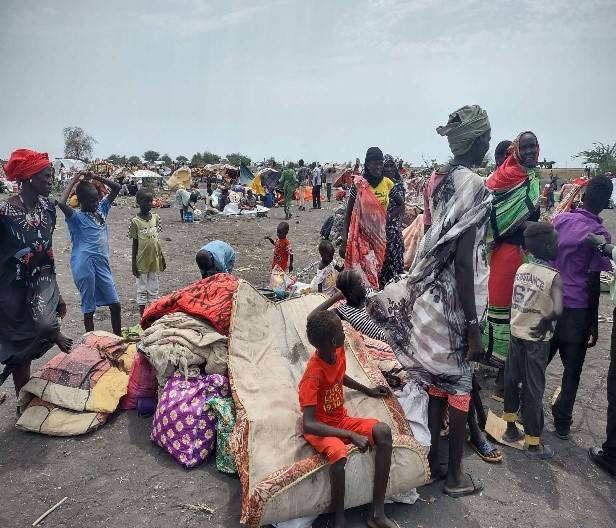Sudan's Turbulent Landscape: A Call for Peace Amidst Rising Tensions
The ongoing conflict in Sudan has sparked intense debate and concern among international and African diplomatic figures, as well as Sudanese politicians. A recent high-level symposium in Nairobi shed light on the Sudanese army's role in stalling dialogue and escalating terror threats. The symposium, organized by the Kofi Annan Foundation, Amina Life, and the Maghreb-African Center, brought together key stakeholders to launch a new peace process under the African Union's auspices.
The Sudanese Army's Stance on Peace Negotiations
The Sudanese army's boycott of international negotiating platforms, including the Jeddah platform, Manama platform, and Geneva talks, has significantly hindered peace efforts. Conference participants held the army responsible for the failure of these initiatives, citing its hardline stance and pursuit of a military solution. This approach has not only prolonged the conflict but also led to catastrophic humanitarian conditions, with millions displaced and seeking asylum in neighboring countries.
Humanitarian Crisis and Regional Implications
The war, now in its third year, has resulted in a staggering humanitarian crisis. Over 12.4 million people have been displaced, with nearly 9 million internally displaced and over 3.3 million seeking refuge abroad. The conflict has also led to severe food and health shortages, with 75% of women exposed to health and humanitarian risks. The situation in Sudan has deteriorated, with the army rejecting peace initiatives and using internationally prohibited weapons.
The Role of Extremist Groups
The symposium highlighted the danger of extremist groups and militias fighting alongside the Sudanese army. These groups pose a significant threat to regional security, and their involvement could turn the Horn of Africa into a hotbed of major conflict. The potential for extremist groups like ISIS to exploit Sudan's instability is a pressing concern, and the international community must take proactive measures to prevent this.
A Call for Peaceful Solutions
Conference participants emphasized the need for a peaceful solution, stressing that military actions will not end the conflict. They urged the Sudanese parties to engage in dialogue and work towards a sustainable peace process. Former Foreign Minister Amina Mohamed stressed the importance of supporting peace efforts, promoting constructive dialogue, and ensuring humanitarian aid reaches those in need.
Key Takeaways from the Symposium
The necessity of finding a peaceful solution to end the conflict.
Ensuring humanitarian aid reaches civilians and protecting them from violations.
Activating the African Union and IGAD's role in pushing for an end to the war.
The danger posed by extremist groups and militias fighting alongside the Sudanese army.
The need for the international community to pressure the Sudanese army to engage in peace negotiations.
The Nairobi symposium marks a crucial step towards reviving peace efforts in Sudan. By launching a new peace process under the African Union's auspices, there is hope for a constructive dialogue that can bring an end to the war. However, the path forward requires sustained commitment from all parties involved and a concerted effort to address the underlying inssues fueling the conflict.


